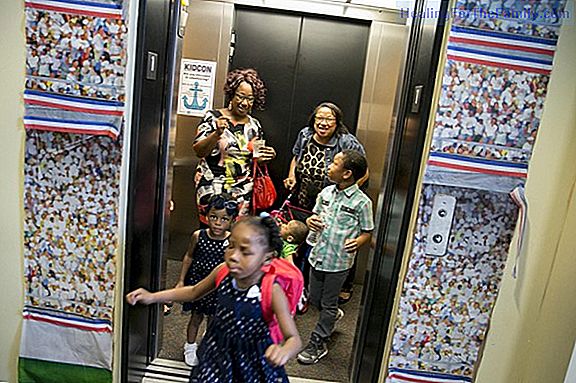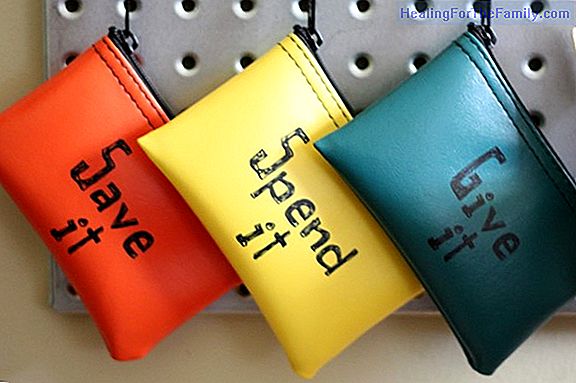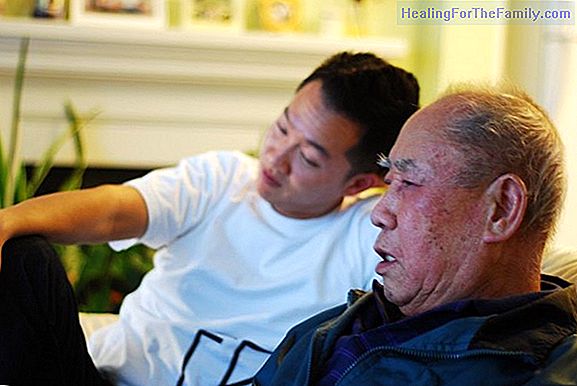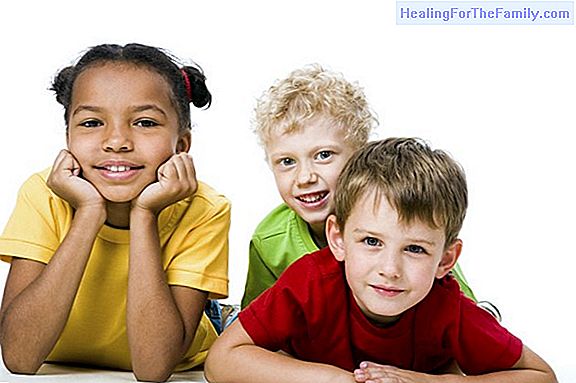Crisis of 6 years in children
We think that crises take place mainly in adolescence. However, it has been observed that many children under the age of 6 experience a small crisis. In this crisis of 6 years in children, it is common to observe changes in behavior and, as a consequence, it is likely that discussions at home become
We think that crises take place mainly in adolescence. However, it has been observed that many children under the age of 6 experience a small crisis.
In this crisis of 6 years in children, it is common to observe changes in behavior and, as a consequence, it is likely that discussions at home become the bread of every day.
Behavioral changes: 6-year crisis in children

Given this change in the child's behavior at age 6, parents usually react with amazement and even bewilderment. Many parents do not understand the reason why their child has changed their behavior without warning and this generates tension, stress and even frustration when they see that their child does not behave in the way that they would like.
We should not worry if we observe that our 6-year-old son is behaving like a small adolescent, in fact, there are many professionals who refer to this 6-year crisis in children as "the crisis of adolescent childhood"It is normal that this crisis takes place, crises are necessary for people to change.
Our son can not always be under our skirts, he needs to learn to fly on his own, have his own opinions, question the world around him, express his desires, take care of satisfying his individual needs and, ultimately, have to learn to Be a free and independent person. And perhaps, it is at age 6 when the child is ready to begin to forge his own identity and that is why this crisis takes place.
What changes can we observe in the child during this crisis
- Do not accept authority as before. Do not assume without question everything that your parents tell you and order. Now, during this period, the child may question what is said to him, reveal himself if he disagrees and opposes the wishes of his parents.
- The child may manifest challenging behaviors in an attempt to impose his will.
- Emotional instability during this crisis is frequent. It is likely that the child goes from laughing to crying very easily, emotionally feels more vulnerable and may react disproportionately on many occasions.
- Reflection tends to shine by its absence. The child begins to behave impulsively without considering the consequences of their actions. Start doing what you want without thinking much further. Apa - There is an accentuated difficulty when it comes to
making decisions , he feels overwhelmed when he has to choose or make a decision.- There is a need to remain active
, it becomes a child with great dynamism and with concern and interest in carrying out new activities. This period of crisis is not easy for children, they feel naked just like snakes when they shed their skin. Children during this periodfeel vulnerable, helpless, annoyed and uneasy
because they face the difficult situation of adopting a new identity and therefore of assuming a different role from the one they had assumed until now. Knowing this, it is important that we offer a lot of security, trust and affection to our children during this period of crisis.












